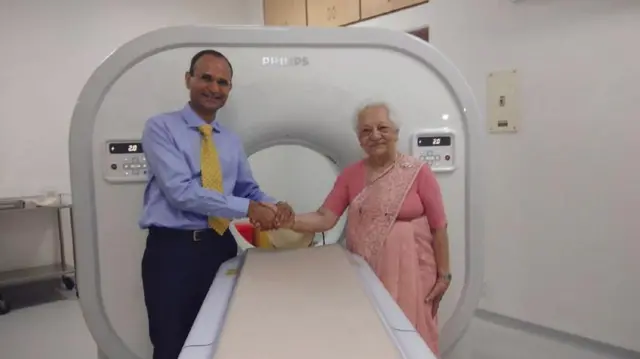Introduction
Facebook camera roll access is reportedly prompting users to share their private camera roll media with Meta’s cloud to enable AI-generated features in the Stories section. According to a TechCrunch report, a new pop-up message has been appearing in the Facebook app asking users for permission to upload personal photos and videos stored on their devices.
The move is aimed at allowing Meta AI to provide personalized content suggestions such as collages, Facebook camera roll access event recaps, and theme-based posts. However, this has triggered fresh debates about data privacy, facial recognition, and Meta’s broader AI ambitions.

What Does Facebook Want Access To?
According to screenshots shared online, the pop-up message appears when users upload a photo or video to their Facebook Story. The message explains that by enabling access, Meta AI will upload camera roll media to its cloud “on an ongoing basis,” based on time, location, or themes. It emphasizes that the goal is to help users create AI-powered suggestions like birthday recaps or event collages.
The catch? This involves uploading even unpublished photos and videos—media not originally intended for sharing—to Meta’s cloud servers. The company insists the suggestions are private and will only be shown to the user unless they choose to share them.
What Happens to the Media?
Meta claims that the AI models will analyze these media files to detect facial features, people, objects, and timestamps. The AI will then use this metadata to power its suggestions. However, Meta’s spokespersons told The Verge that these files will not be used to train Meta’s AI models during the ongoing test.

Maria Cubeta, communications manager at Meta, emphasized that the feature is entirely optional and can be turned off at any time. She added that the AI only accesses photos from the past 30 days by default, though it can still suggest older images based on content themes like weddings, pets, or travel.
Privacy Reassurances—But Are They Enough?
Meta has gone to lengths to include multiple disclaimers: no media is used for ad targeting, the content is private by default, and AI training is not taking place “in this test.”Facebook camera roll access But these assurances have left users skeptical. Critics point out that Meta has not definitively ruled out using this data for AI training in future rollouts.
On the surface, the company appears to be addressing key concerns by making the feature opt-in only and promising transparency. But the vague wording leaves the door open for broader data usage once the test phase ends.
Why It Matters
This move comes as Meta aggressively integrates artificial intelligence into all its platforms—from Meta AI-powered search to virtual avatars. Accessing camera roll media offers a goldmine of user behavior insights, and critics warn it could signal the start of even deeper surveillance in the name of personalization Facebook camera roll access.

Data analysts and privacy advocates stress that even if Meta doesn’t use this media for training today, there’s little stopping them from doing so in future updates unless explicitly prohibited in policy.
Additionally, the report stated that while the opt-in only lets Meta retrieve media files from the last 30 days, however, suggestions based on themes, such as pets and weddings, could include media older than 30 days.
Conclusion

Meta’s request for camera roll access raises pressing questions about privacy, consent, and transparency in the era of artificial intelligence.Facebook camera roll access While the company frames the feature as a way to deliver personalized, creative content, the long-term implications are murkier. Users are advised to review Meta’s AI terms carefully and decide whether the tradeoff is worth the convenience.
For more updates on digital privacy and AI trends, visit our Privacy & Security section or read our detailed analysis on Meta AI’s growing reach.









